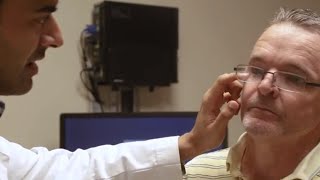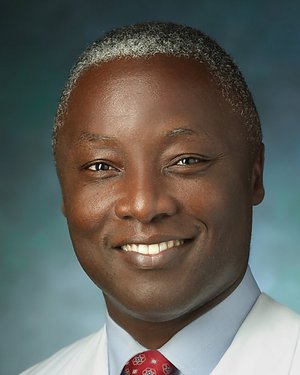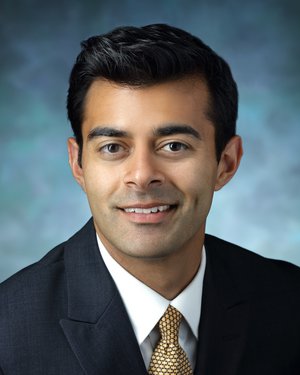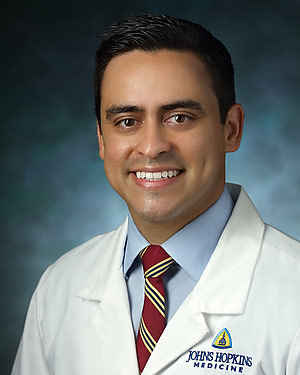Treatments and Procedures: Facial Reconstruction
When a person suffers from facial fractures or other facial trauma such as surgery, illness or genetic malformation, surgeons specially trained in reconstructing facial features can restore both function (blinking, smiling, talking and eating) and appearance, supporting health and well-being.
Facial Reconstruction: Why Choose Johns Hopkins Facial Plastic Surgery?
- With a large number of patients and an experienced faculty with specific training in the structure of the head and neck region, we offer a rare degree of skill and expertise even in the most complex procedures, including facial transplant.
- The team has vast expertise in minimizing the appearance of scars, working to hide incisions in the natural contours of the skin whenever possible.
- The team offers unique skills in reconstruction of the nose, face, ears, neck and scalp after Mohs surgery for skin cancer.
- We are dedicated to restoring people’s health and confidence, helping them recover both form and function.
- Addressing advanced facial skin cancer and severe facial trauma calls for special skills to restore form and function to the structures of your face. Our team offers unparalleled skill and compassion to help patients with even the most challenging facial skin cancers and facial injuries.
Patient Stories
Tongue Cancer Surgery and Reconstruction | Joe’s Story
Scott's Story: Combat Veteran's Complex Microsurgical Facial Reconstructive Surgery
Facial Reconstruction: What to Expect
To rebuild facial features, your facial plastic surgeon may use tissues from your body with a microvascular free tissue transfer, or “free flap,” during which the surgeon takes skin, bone or muscle from one part of your body to reconstruct new facial features.
When this approach is not possible, implants and prosthetic devices can help restore natural-looking contours and features.
Depending on your needs, your procedure may take place in the surgeon’s office, a surgical facility, an outpatient surgery center or a hospital. Your surgeon will create a highly personalized treatment plan that may include:
- Cleft lip and palate repair
- Otoplasty
- Facial paralysis surgery
- Microvascular free tissue transfer
- Rhinoplasty surgery
- Scar removal
- Skin cancer and Mohs surgery
- Skull base surgery
Recovering from facial reconstruction surgery varies from person to person, and depends on the extent of underlying damage, your general health, and other factors, including careful attention to postoperative instructions.
From surgeons to staff, our entire team focuses on your health and well-being, and will support your experience with knowledgeable care, clear communication and compassion.
Our Physicians
Facial Plastic and Reconstructive Surgery: Johns Hopkins | Q&A
Lisa Ishii, M.D., a Johns Hopkins facial plastic and reconstructive surgeon, answers frequently asked questions about facial cosmetic and reconstructive surgery. She provides information on when and why you should consult a facial plastic surgeon and what you can expect at your first appointment.







